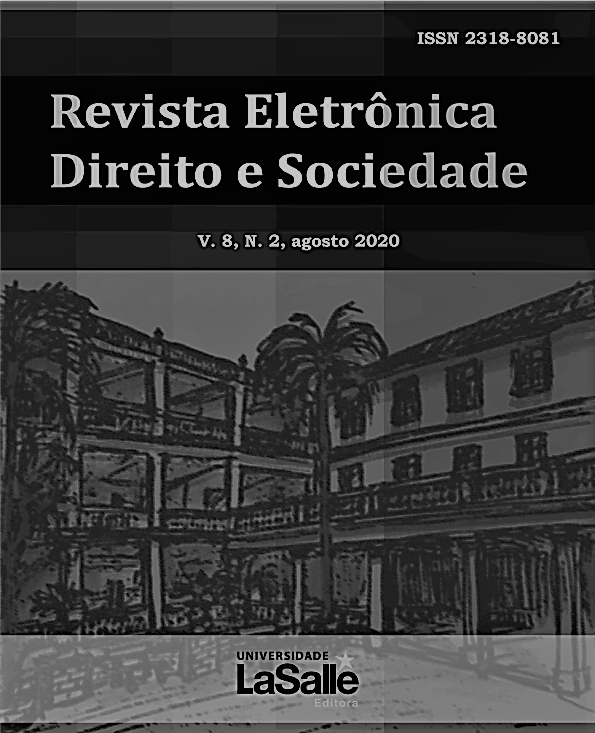The vulnerability´s power. Its implications for interpretation and applicability of law
DOI:
https://doi.org/10.18316/redes.v8i2.6732Keywords:
Vulnerability, Prevention of damages, Mitigation, Effet Utile, Human Rights, Poverty.Abstract
This article focuses on the importance of earlier detection of vulnerable people for the interpretation and application of law institutes. Furthermore, it analyses the transcendence of that detection for prevention of damages and/or mitigation of torts. Its emphases the relevance of capital value of jurisprudence as a way for reducing litigation costs and re-edition of conflicts. Finally, poverty is examined as an autonomic or aggravated form of vulnerability.The method utilized in this article is the analysis of the general legal rules dictated by the Interamerican System of Human Rights in order to featureparticular references for judicial interpretation or application of law (such as “Rules of interpretation”) in cases with vulnerable people. This method may contribute for estimation bias in order to predict and prevent the costs of litigation and the effectiveness of human rights.
Downloads
Published
Issue
Section
License
Authors who submit their manuscripts for publication in the “REDES” Magazine agree to the following terms:
The authors claim to be aware that they retain copyright by giving “REDES” the right to publish.
The authors declare to be aware that the work submitted will be licensed under the Creative Commons Non-Commercial Attribution License which allows article sharing with acknowledgment of authorship and publication in this journal.
The authors declare to be aware that by virtue of the articles published in this journal have free public access.
The authors declare, under the penalty of the law, that the text is unpublished and original and that they are aware that plagiarism has been identified, plagiarized authors will be informed - willingly, to take legal action in the civil and criminal sphere - and, plagiarists will have their access to the magazine blocked.
The authors state that - in case of co-authoring - all contributed significantly to the research.
Authors are obliged to provide retractions and (or) corrections of errors in case of detection.
The authors are obliged not to publish the text submitted to “REDES” in another electronic journal (or not).
The Electronic Journal Law and Society - REDES - is licensed under a Creative Commons License. Attribution-NonCommercial 4.0 International.Based on work available at "http://revistas.unilasalle.edu.br/index.php/redes/about/submissions#copyrightNotice".
Permissions in addition to those granted under this license may be available at http://creativecommons.org/.

